Dubai has once again proven itself as a global heavyweight in wealth and economic influence, earning the fourth position among the richest cities spanning Europe, Africa, and the Middle East. According to a recent study, the emirate boasts an impressive $1.1 trillion in investable wealth—an achievement that further solidifies its role as a rising economic powerhouse on the global stage.
The study revealed that only three European cities—London, Paris, and Milan—surpassed Dubai in terms of total investable wealth. Dubai’s ascent is marked by its ever-growing community of high-net-worth individuals, currently home to more than 86,000 millionaires, 251 centi-millionaires, and 23 billionaires. Experts believe that, should the current momentum continue, Dubai could claim the global top spot by 2040.
A Magnet for Wealth
Dubai’s success isn’t by chance—it’s driven by a carefully crafted environment that balances opportunity, lifestyle, and long-term vision. Unlike other cities in the Middle East that are heavily reliant on a single industry, Dubai has diversified across multiple sectors, including finance, real estate, healthcare, technology, retail, tourism, and energy.
What also sets Dubai apart is its reputation as one of the world’s few true “safe havens” for investors. With zero income tax, a highly secure environment, and world-class infrastructure, the city continues to draw investors, entrepreneurs, and professionals from all over the globe.
A Booming Real Estate Market
One of the most influential forces behind Dubai’s rise is its booming real estate market. High demand from both residents and international investors has pushed the market into overdrive, fueling further economic growth.
To support this upward trend, Dubai’s Land Department, in collaboration with the Department of Economy and Tourism and several major real estate developers and banks, recently launched a new initiative aimed at helping first-time property buyers. The program offers unique incentives and streamlined processes for UAE residents over 18 who haven’t previously owned property, making it easier for more people to enter the market and plant roots in the city.
A City Built for the Future
Beyond its economic achievements, Dubai is also gaining popularity among families and individuals seeking a high quality of life. With top-tier infrastructure, sunny weather year-round, excellent healthcare, and a diverse cultural landscape, the city has become an increasingly attractive place to live, not just work.
Dubai’s population has more than doubled in the last 14 years—from approximately 1.93 million in 2011 to around 4 million by August 2025. This population boom reflects not only the city’s growth but also its appeal as a long-term home.
A Strategic Vision
All these efforts align with Dubai’s bold D33 economic strategy, which aims to double the size of the city’s economy in the next decade. The plan focuses on enhancing global competitiveness, attracting foreign investment, and solidifying Dubai’s place among the top three cities in the world for both lifestyle and business.
Observers see Dubai’s recent ranking not merely as a status symbol but as a testament to the success of its economic model. From flexible investment policies to its open-door approach to global talent and capital, Dubai has created a formula that’s not only sustainable but also scalable.
The Road Ahead
Just a decade ago, Dubai was not even among the top five cities in terms of wealth. It trailed behind major financial hubs like Geneva and Frankfurt. But forward-thinking policies, aggressive infrastructure development, and a commitment to innovation have rapidly propelled it into the upper echelon of global cities.
As Dubai continues to attract more capital and global citizens, many analysts believe it’s not just climbing the ranks—it’s on track to redefine them entirely. Within the next 20 years, Dubai may very well emerge not only as the richest city in its region but also as one of the most influential players on the world’s economic map.
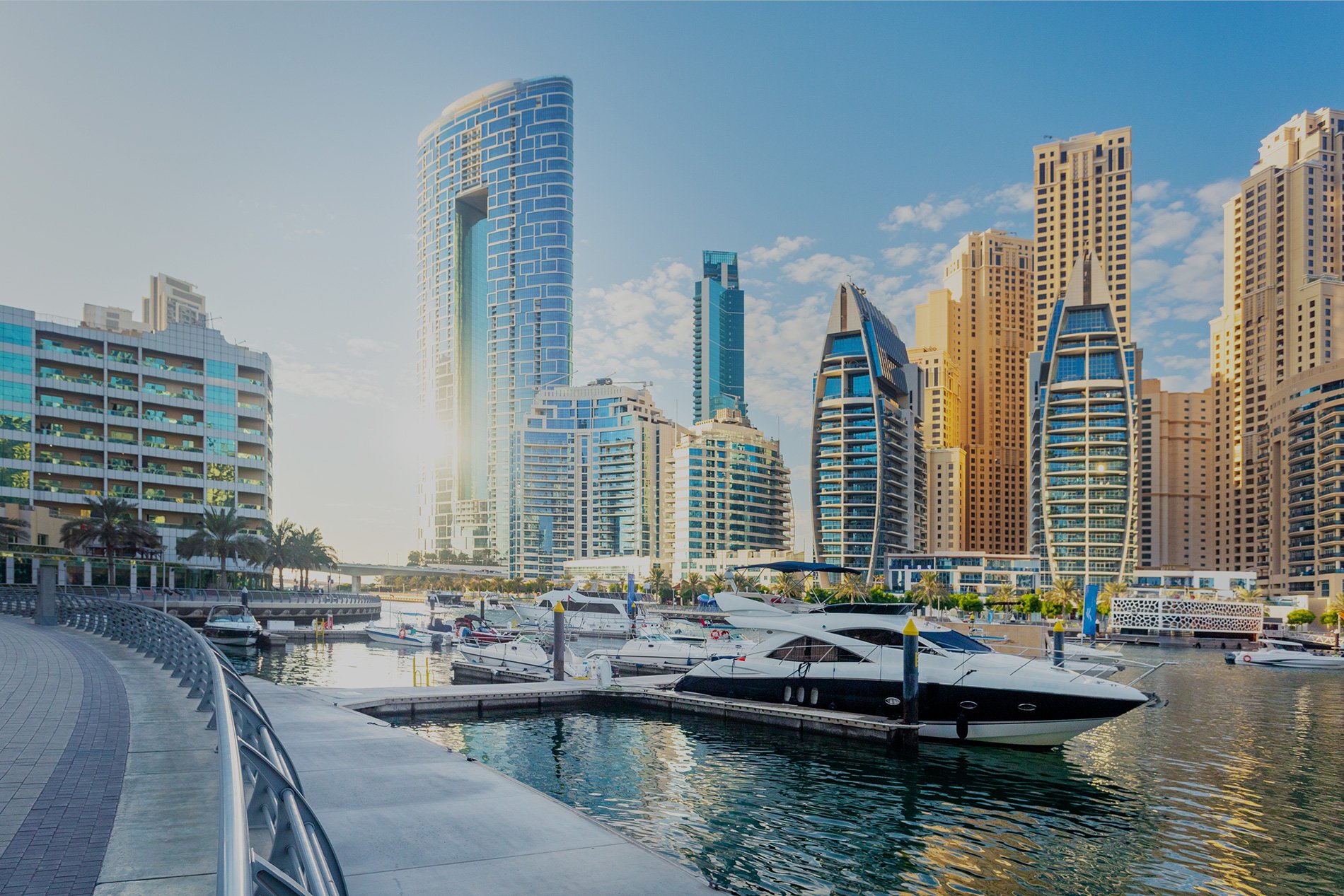

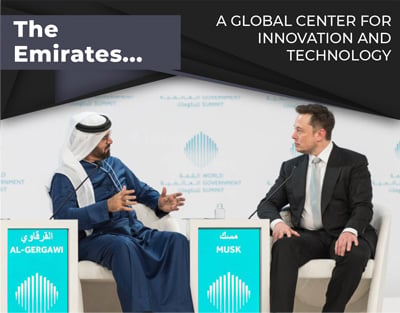
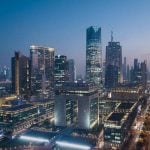

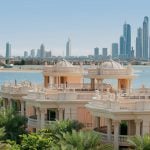
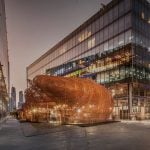
Leave a Reply